I would love to grow pomegranates in zone 6b. Please help!
rickhoward
15 years ago
Featured Answer
Comments (16)
brandon7 TN_zone7
15 years agoRelated Professionals
Danbury Landscape Architects & Landscape Designers · Marco Island Landscape Architects & Landscape Designers · Middle River Landscape Architects & Landscape Designers · Maple Heights Landscape Architects & Landscape Designers · Norwood Landscape Contractors · Waterbury Landscape Contractors · Cincinnati Landscape Contractors · Dallas Landscape Contractors · Eustis Landscape Contractors · Norwalk Landscape Contractors · Nutley Landscape Contractors · Ponte Vedra Beach Landscape Contractors · Woodland Landscape Contractors · North Aurora Landscape Contractors · Quartz Hill Landscape Contractorsbonsaist
15 years agokiwinut
15 years agoScott F Smith
15 years agorickhoward
15 years agofabaceae_native
15 years agoScott F Smith
15 years agolucky_p
15 years agogliese
15 years agokiwinut
15 years agotuangardener Hoàng
7 years agoGina Perfetto
6 years agoKevin Reilly
6 years agoGina Perfetto
6 years agoHU-193403369
10 months ago
Related Stories
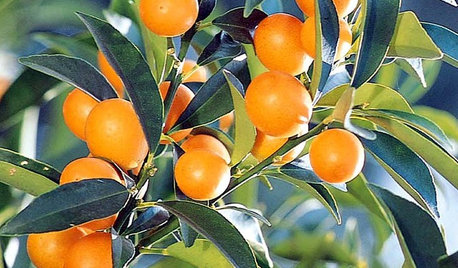
FALL GARDENING5 Fall Fruits You Can Grow in Containers
Brighten your porch or patio with a potted pomegranate, kumquat, blueberry bush or another great fall fruit
Full Story
HOME OFFICESQuiet, Please! How to Cut Noise Pollution at Home
Leaf blowers, trucks or noisy neighbors driving you berserk? These sound-reduction strategies can help you hush things up
Full Story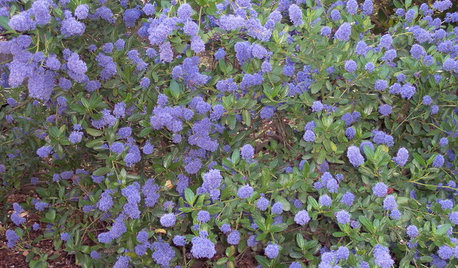
GARDENING GUIDESGreat Design Plant: Ceanothus Pleases With Nectar and Fragrant Blooms
West Coast natives: The blue flowers of drought-tolerant ceanothus draw the eye and help support local wildlife too
Full Story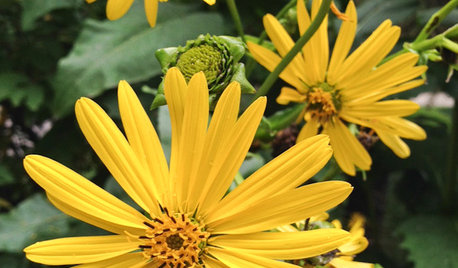
GARDENING GUIDESGreat Design Plant: Silphium Perfoliatum Pleases Wildlife
Cup plant provides structure, cover, food and water to help attract and sustain wildlife in the eastern North American garden
Full Story
EARTH DAYGrow a Beautiful Garden With Ecofriendly Greywater
Reducing home water waste means lower bills and a healthier planet. Here's how to set up a greywater home irrigation system that can help
Full Story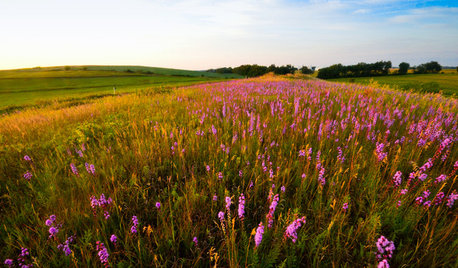
GARDENING GUIDESHelp Fuel the Monarch Migration With These 6 Prairie Plants
Try these nectar-rich beauties and help autumn monarchs
Full Story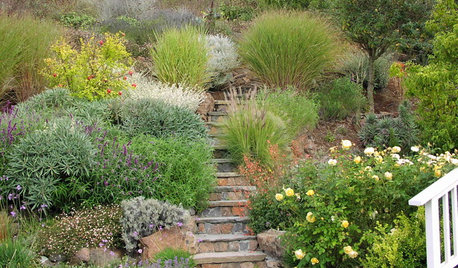
GARDENING GUIDESYes, You Can Grow an Edible Garden on a Hot, Dry Site
Difficult garden spots don’t need to deter you from planting trees, herbs and other delicious food plants
Full Story
EXTERIORSHelp! What Color Should I Paint My House Exterior?
Real homeowners get real help in choosing paint palettes. Bonus: 3 tips for everyone on picking exterior colors
Full StoryMore Discussions






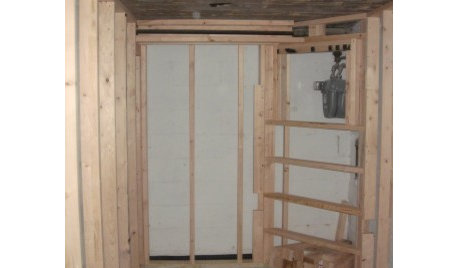
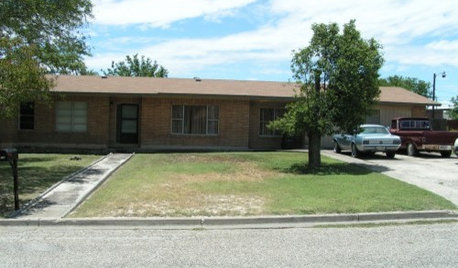
Scott F Smith